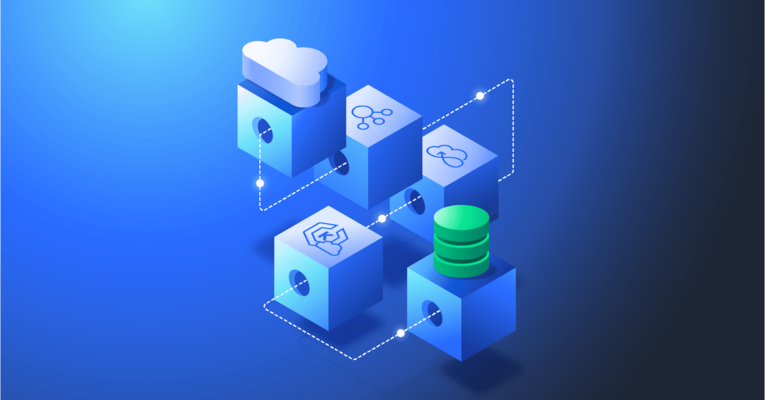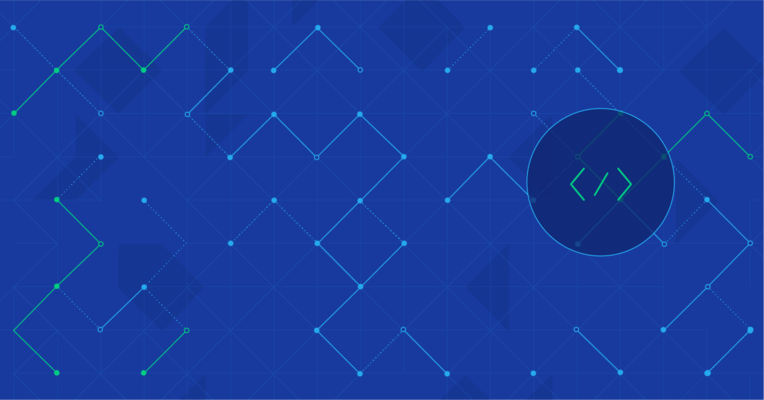Hire Freelance Cloud Architects
Emmanuel Chebukati
Emmanuel is a cloud security engineer with experience in systems auditing, application security, and secure cloud deployment. He has delivered sensitive technology projects across the East African region and globally in the public and private sectors. Emmanuel's experience is backed by three Microsoft Azure and two AWS certifications. He is a Certified Ethical Hacker (CEH). Emmanuel holds an MSc in Information Technology from Carnegie Mellon and a BSc from USIU Africa.
Show MoreSerhii Shatov
Serhii is a highly motivated and passionate data engineer who builds data-driven software products using demonstrated expertise in end-to-end software design and delivery. He has a multidisciplinary background, a proactive attitude and thrives in collaborative, team-oriented, and ambitious environments. Serhii is looking for challenging projects to apply his proven ability to drive the product from its inception to launch.
Show MoreGustavo Adolfo Valverde De Soto
Gustavo is a solution-driven and highly proactive ITC professional used to working with fast-paced teams from the Big Four and startups. He has over six years of experience working on infosec, IT audits, BCP, solutions architecture, DevOps, and product management. Throughout his career, Gustavo designed DRPs for financial institutions, leveraged DevOps in several startups, supported critical infrastructure for SaaS solutions, and led the development of countrywide digital products.
Show MoreAmit Wadhiani
Amit is a seasoned and dedicated DevOps and infrastructure engineer with years of experience in cloud and DevOps technologies. He's worked on various projects that involved infrastructure provisioning using code and automating all manual tasks in the project, ensuring apps' high availability. Amit's daily toolset includes Kubernetes for container orchestration, Helm Charts, Jenkins for CI/CD, Azure Cloud, and many others.
Show MoreMichael Völske
Michael has a PhD in computer science, a decade of experience solving complex data problems, and a dozen publications at top-tier international venues like SIGIR, CIKM, and ACL—many of them based on web-scale datasets. He excels in planning, procuring, and installing the on-premise data processing infrastructure spanning hundreds of servers, petabytes of disk, and petaflops of compute. Michael has a broad knowledge of modern machine learning and teaches the fundamentals to hundreds of students.
Show MoreBranko Fulurija
Branko is a data engineer who specializes in building big data platforms in the cloud. In addition to extensive experience in cloud architecture, data analytics, serverless solutions, and cost optimization, Branko has five AWS and two GCP certifications and is an award-winning competitive programmer and hackathon winner.
Show MoreBrayan Perera
Brayan is a systems architect and site reliability engineer with over 13 years of professional experience in systems engineering in industries such as healthcare, telecommunications, and banking. He has brought added value to client projects by architecting and implementing highly available enterprise application platforms, NFV platforms, and OpenStack private cloud deployments. Brayan is proficient with automation, Linux scripting, MySQL administration, clustering, and IaC.
Show MoreMarkus Strobl
Markus is a seasoned senior full-stack developer and cloud architect with a demonstrated history of designing and implementing complex cloud solutions, software architecture, and modern approaches to software development. He is dedicated to life-long learning and working with cutting-edge technology. Markus has a broad understanding of the agile software development process and can guide businesses from ideas and vision to a finished product.
Show MoreTorben Möller
Torben is a multi-cloud DevOps engineer and solution architect with more than 10 years of professional experience. He delivers high-quality systems fast and improves them incrementally, always keeping skills and knowledge up to date. Torben has multiple certifications, including GCP Professional Cloud Architect, GCP DevOps Engineer, AWS Solutions Architect Associate, and Scrum Master.
Show MoreDileep Pothanchery
Dileep is a DevOps engineer, AWS Certified Solutions Architect, and Certified Kubernetes Administrator and Developer with nearly a decade of experience. Specializing in AWS, Kubernetes, Docker, Jenkins, and Linux-based environments, Dileep has set up infrastructures from scratch for companies, from startups to giant corporates. He has delivered solutions in large-scale environments, including media and entertainment, real estate, OTT, travel and hospitality, and eCommerce.
Show MoreDiscover More Cloud Architects in the Toptal Network
Start Hiring































